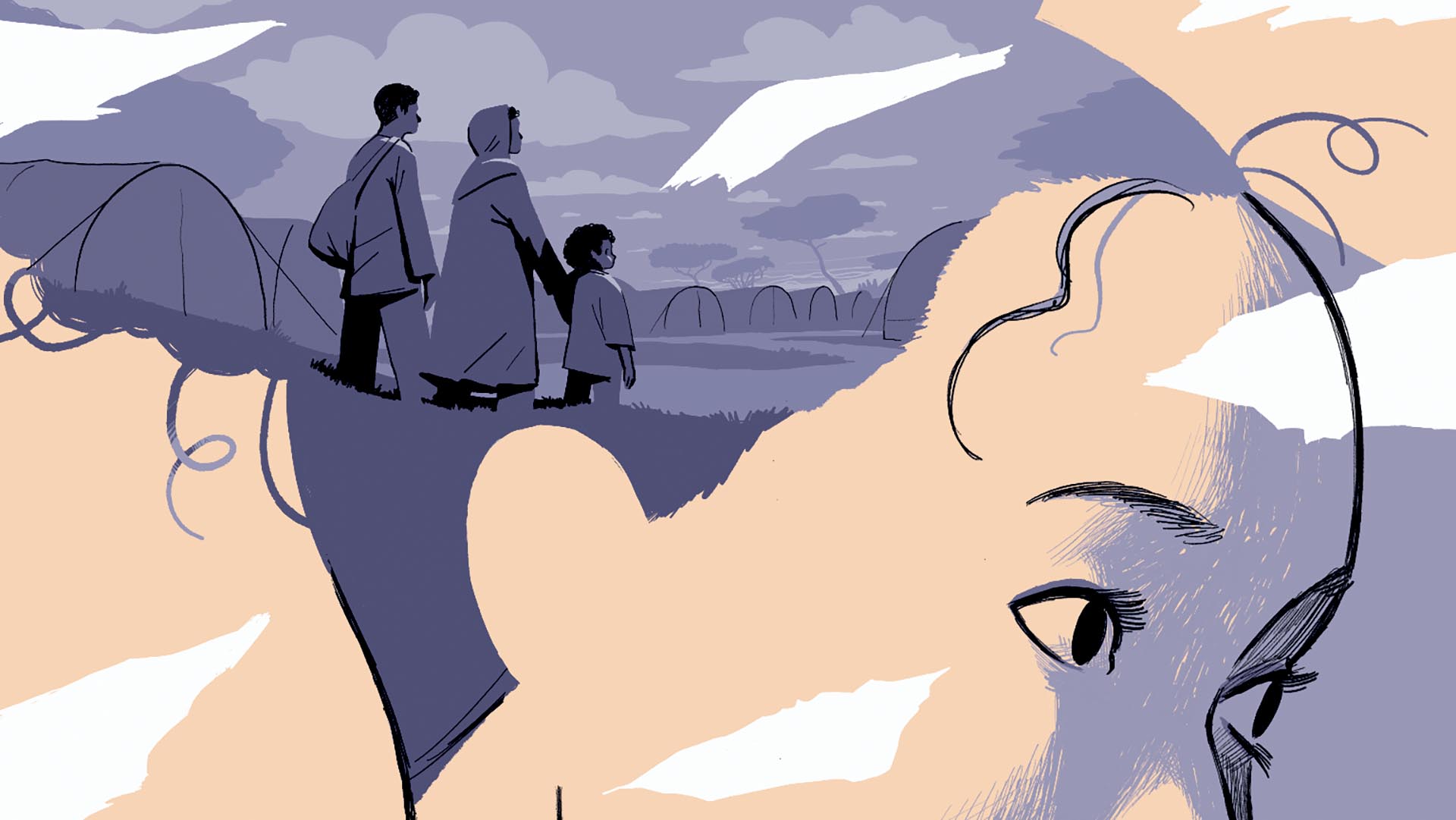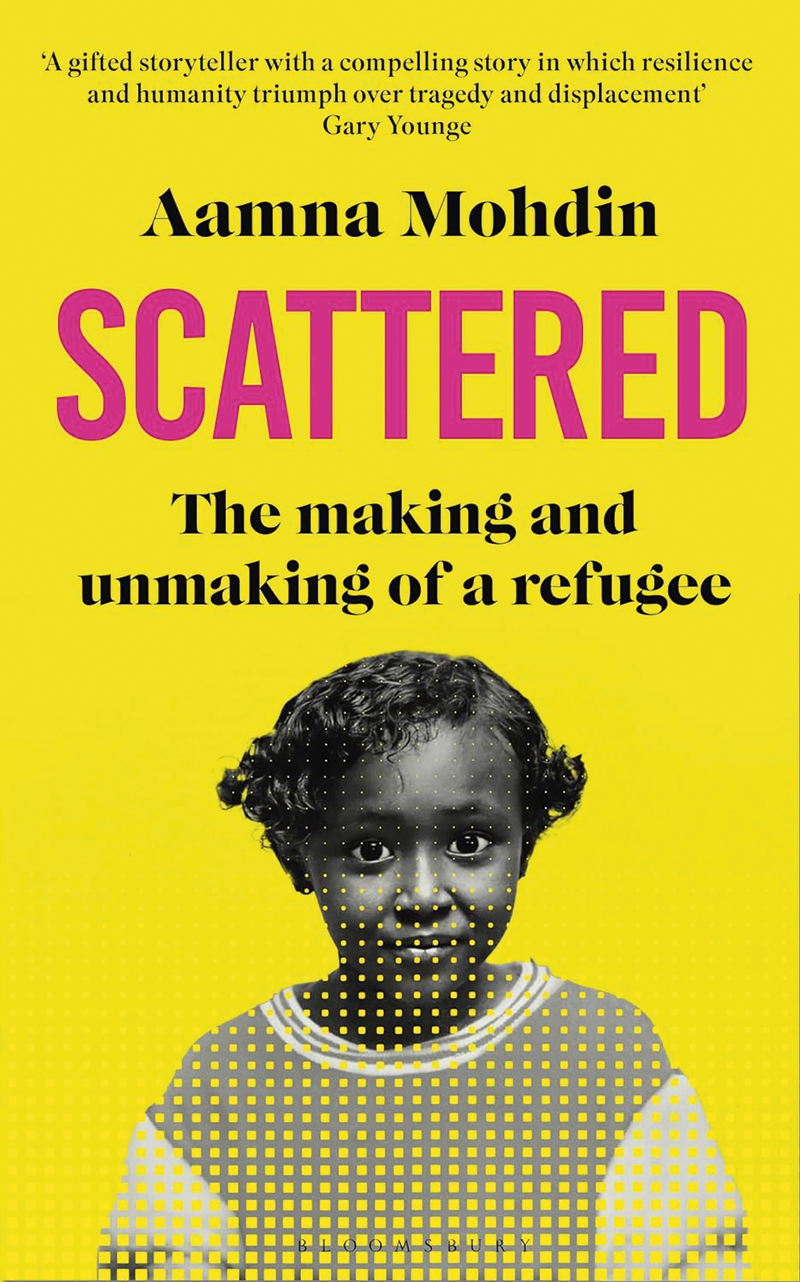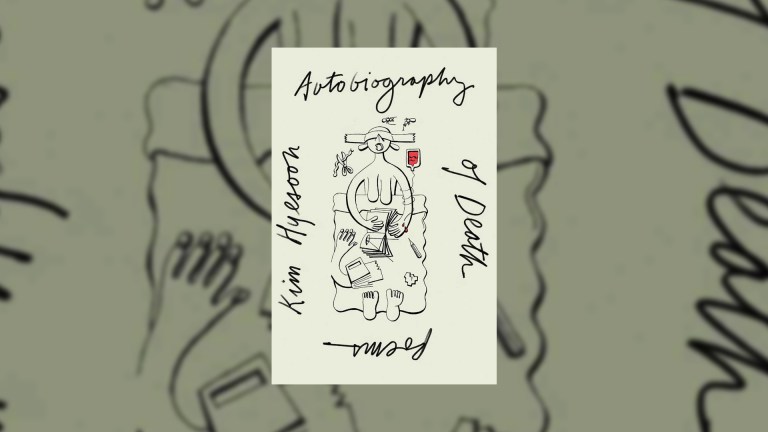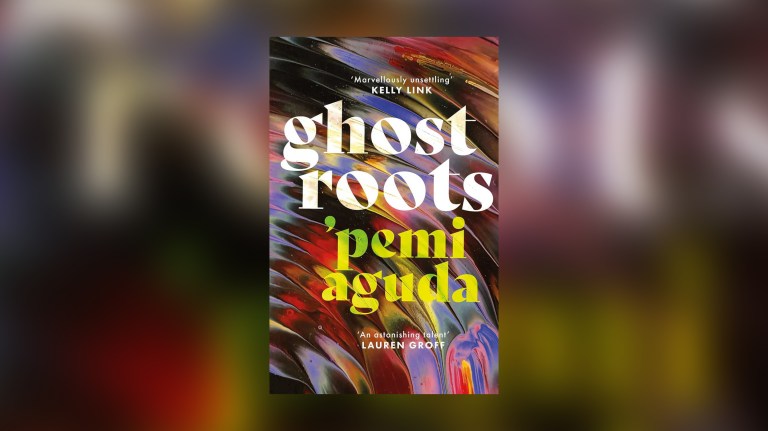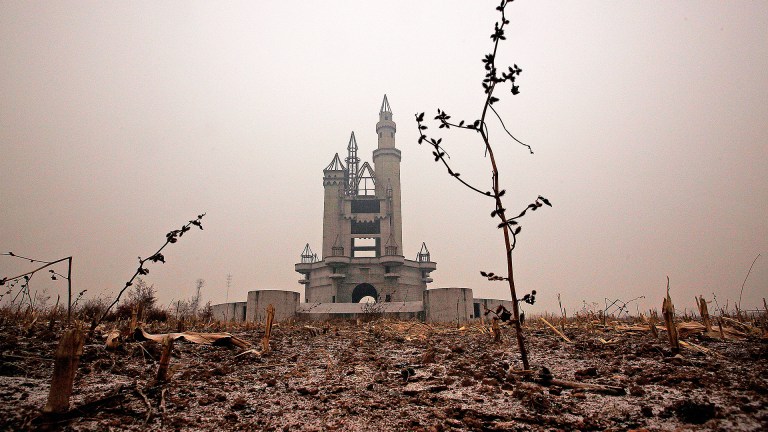I’ve always been very close to my parents, my mum especially. When people ask, I call us the Somali Gilmore Girls, but a lot funnier and with more traumatic baggage. Family is at the heart of my life and my culture.
But a trip to Calais as a young journalist led me to a shocking revelation about my parents and my early childhood – that I was born a refugee. My mum had told me this after I returned from my first reporting trip to the refugee camp in Calais.
I didn’t know what to say when she asked if I had truly forgotten what we had been through. I couldn’t really remember these formative years of my life – which was hugely disorienting and strange.
Get the latest news and insight into how the Big Issue magazine is made by signing up for the Inside Big Issue newsletter
And so I set off to uncover the past, interviewing my parents over the course of four years: in what would become my memoir Scattered. I talked about the lives they built as young people in the newly independent Somalia before the war; about their courtship and early marriage; about what happened to them as the country descended into chaos and they decided to leave. I saw my parents in a new light; I saw them for the resilient survivors that they were, not just the victims of the system designed to crush them.
I was hearing my family’s history in my parents’ own words for the first time; I was hearing about the challenges they faced while they were still younger than I am now. I was hearing of how they came to their tortuous decision to leave Somalia, the risk they took when they got on a fishing boat to reach Kenya, and the normality they tried to build for us in the refugee camp we called home.
